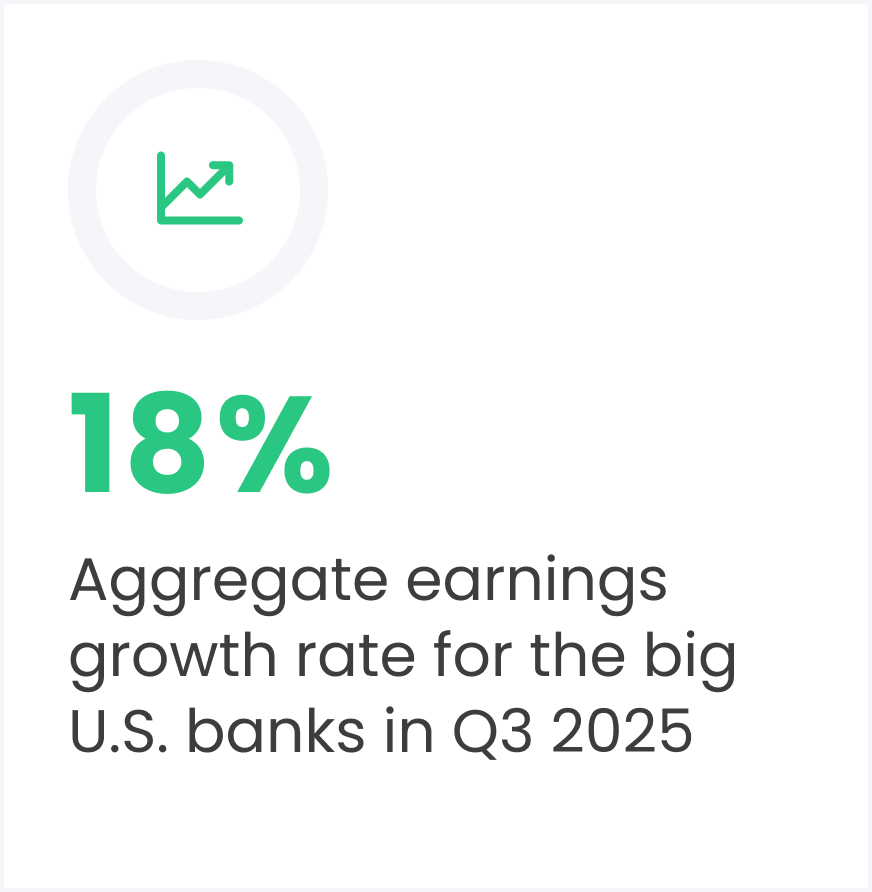- tmrw
- Posts
- More Money, Less Focus
More Money, Less Focus
More money doesn’t always mean more control. This edition explores how rising wealth can create new stress, why budgeting drifts during the “kid zone,” and how to regain focus and financial control heading into retirement.

Hi, Tom here.
This is tmrw — a weekly note on how to think, plan, and invest with clarity. Each edition is designed to help you protect your wealth, avoid costly mistakes, and make smarter long-term decisions.
I’m glad you’re here. Let’s get into it.


What happens when you get more money?
It’s supposed to feel easier. More money should mean more control, more comfort, and more peace of mind.
But as Julia Carpenter wrote in The Wall Street Journal last week, the more she earned, the worse she felt about money.
It was a candid take.
As the years wore on, the stakes felt lower because she had more income, yet with all the benefits of more income felt that nasty feeling of not being in control of her money, even though she had more of it than she ever.
She had more, but less focus.
That idea of focus made me think of our recent conversations around taxation over the past two editions, especially as I share this “Drivers of Tax Efficiency” graphic with you:

Drivers of Tax Efficiency
When I created this graphic, I couldn’t help but think how it might make you feel seeing it, even though this is truly how you save thousands on your tax bill over time by choosing to focus (or having someone focus for you) on tax efficiency.
If you want more money in retirement and to pay less in taxes, these are the areas to focus on.
But who on earth has time to explore market opportunities, dig through legislation, and analyze their personal circumstances to find wealth-building opportunities consistently over time?
Let me cut to the chase. No one does.
What Julia wrote about in her column is what many Americans are and will continue to face in the years ahead.
In 2024, the company I worked for before launching Fjell, UBS, estimated that the U.S. created more than 1,000 new millionaires every day. I would imagine that number will be similar this year. A staggering amount.
That is a good thing for the families who joined the seven-figure ranks.
The money is good. It has created a sense of security. It has accelerated retirement plans. It has afforded simple luxuries that buy back time. More trips. More breathing room.
But it has also created a new kind of stress. The quiet, nagging question: what am I missing?


“I just sent my youngest child to their last year of college. We’re almost done paying for school, and I cannot wait.”
I’ve written about the age band of the 50s more than any other decade here in the newsletter. It’s the decade when your financial life reaches its halfway point. It’s the decade before retirement.
While it’s not the most important decade per se, it’s the decade where financial lives shift from “budget and save” to “invest and maximize.” It’s when the reality of retirement sets in and work must get done.
I’ve sat in a lot of meetings with families in that stage of life, and it’s a time that is full of both joy and complication.
Kids are growing up, going to college, maybe in a serious relationship.
Your career is flourishing, your net worth is flying high, and understanding what your expenses will be in three months is difficult because of how many people are spending your money.
I’ve often looked back and laughed at how much money I cost my parents when I was a teenager. I wrecked bumpers on their cars and once forgot to turn off the water at their cabin, flooding the whole place.
I’m just one of three Stadum kids.
If budgeting is about steering money into the right areas, this is the phase where the wheel gets wobbly. Budgets get thrown to the wind because, like my parents experienced with me, how could they possibly have budgeted for their son flooding their cabin?
This phenomenon isn’t good, it’s not necessarily bad. It’s just the spice of life.
Here’s what typically happens to a family’s financial life when kids enter the picture:

During this “kid zone,” expenses rise, predictability falls, and the focus is on them and raising them right, as it should be.
But as you leave the kid zone, you must organize, plan, and execute your pre-retirement years well.


You must budget in retirement.
There is nothing more fulfilling than raising kids. They are a gift from the Lord. I’ve seen this firsthand with my own children and with many of our clients who are in or exiting this kid zone.
But when life moves into the stage after kids leave the house, which typically includes your retirement years, budgeting becomes key.
Budgeting is nothing more than controlling cash flow.
It’s also how you bring focus back.
If you think back to the start of this edition, we talked about focus and control as the foundation of tax efficiency. The same principle applies here. There are countless areas that can yield profit, but you cannot focus on them all at one time.
You can’t focus on everything in your financial life while still pursuing your career, investing well, managing taxes, building your estate plan, and maintaining strong relationships all at the same time.
Getting these done takes steady work over decades.
And in the pursuit of all these good things, budgeting is often what falls apart.
Why?
Because in the midst of it all, it’s so much easier to buy your way out of a problems.
I’m guilty as any on this front.
But as the kids leave and you can spend more time on your finances, get your budget curve back up to a level you feel proud of:

In a world gone AI, you are uniquely capable of controlling your cash flow.
Getting past the kid zone and into the retirement zone of your financial life requires a return to the kind of budgeting that defined your 20s and 30s, the years when you had little money but lots of awareness.
The last three years of S&P 500 returns have transformed the financial lives of millions of Americans. Just look at these results:
2023 - 24.23%
2024 - 23.31%
2025 YTD - 14.17%
These returns have been phenomenal, yet the next three years are unlikely to be at this level. They could be, but I wouldn’t plan on it.
So work with your team to focus less on what you cannot control and more on what you can. Focus your efforts where they matter most: on your cash flow.
Thanks for your time this week,
Tom


Before You Go, A Resource Built For You:
I love writing this newsletter for you, and every story and perspective I share comes directly from the work we do at Fjell Capital.
We’re a fee-only wealth management firm, and one of the most valuable ways we help families is through our Strategic Wealth Assessment— a guided, advisor-led process that gives you a complete picture of your financial life.
This isn’t a questionnaire, a self-assessment, or an unhelpful generic PDF built for the masses. It’s a two-part, collaborative session with our team, starting with clarity and ending with strategy. It’s designed to help you see where you stand, uncover risks and opportunities, and outline your next steps toward a stronger retirement plan.
It’s a $2,000 value, available at no cost for qualified readers of tmrw.

Your personalized Strategic Wealth Assessment

Your custom roadmap, built with our team
If you want clarity on how today’s changing tax laws and markets could affect your retirement plan, our Strategic Wealth Assessment gives you personalized insights to avoid what we discussed today.
Yes, this takes time from your end, and time from us, but’s it’s the best thing I have to help you build a better financial future.
We make a limited number of these assessments available each month to qualified families. It’s a $2,000 value, with no cost if you’re serious about your financial future.


How helpful was this week’s edition?Comment after you submit. Your feedback helps shape what I write in future editions. |


 |  |  |




